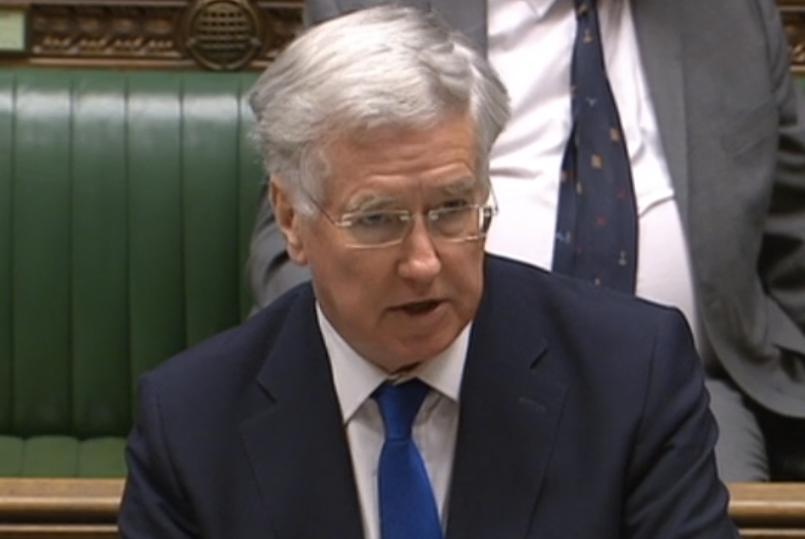Your support helps us to tell the story
From reproductive rights to climate change to Big Tech, The Independent is on the ground when the story is developing. Whether it's investigating the financials of Elon Musk's pro-Trump PAC or producing our latest documentary, 'The A Word', which shines a light on the American women fighting for reproductive rights, we know how important it is to parse out the facts from the messaging.
At such a critical moment in US history, we need reporters on the ground. Your donation allows us to keep sending journalists to speak to both sides of the story.
The Independent is trusted by Americans across the entire political spectrum. And unlike many other quality news outlets, we choose not to lock Americans out of our reporting and analysis with paywalls. We believe quality journalism should be available to everyone, paid for by those who can afford it.
Your support makes all the difference.The Isis militant group is not being pushed back in Syria despite the extension of British air strikes to the country, ministers have admitted.
Defence Secretary Michael Fallon told MPs that the situation in the country was “complicated” and that recent events on the ground had concerned the Government.
“Daesh are being pushed back in Iraq, there’s no doubt about that – they’re being pushed up the Tigris and they’re being pushed back West along the Euphrates,” he told MPs in the House of Commons when asked about the situation there.
“In Syria the position is much more complicated and we are concerned at some of the more recent reports that may suggest coordination between Syrian democratic forces and the Assad regime, which is not helpful to the long-term aim of defeating Daesh.”
Mr Fallon said Isis was “on the back foot in Iraq” but that “that is not happening yet in Syria and I ... am extremely concerned about the proliferation of Daesh along the Libyan coastline”.
The secretary of state however said the UK was playing possibly the second most important role in the coalition air campaign in Syria – and had ran 2,100 combat missions against the group and carried out 600 strikes.
Labour’s shadow defence minister Toby Perkins raised the issue of a reported Isis advancement against Kurdish fighters’ positions north of the city of Raqqa.
“Given that we were hoping the moderate forces were waiting to take the fight to Daesh this is of course concerning,” he suggested.
The SNP’s Westminster spokesperson for Defence issues Brendan O’Hara warned that a dramatic increase of Isis fighters in Libya suggested that air strikes in Syria were displacing the militant group rather than killing them.
A freedom of information request by the Huffington Post UK website earlier this month found that only seven Isis fighters had been killed by British bombs, according to Ministry of Defence records.
Furthermore, the much vaunted Brimstone missiles, which David Cameron had pledged would “cut off the snake’s head” in Syria and ministers had dubbed “unique” – had killed no Isis fighters.
Labour leader Jeremy Corbyn opposed air strikes in Syria on the basis that they would amount to another “reckless, half-baked intervention”.
He argued that the Prime Minister had failed to explain why extended the bombing of Isis would make a significant difference to the campaign in Syria when the group was already being bombed by the United States, Russia, France, and other power.
“Whether it’s the lack of a strategy worth the name the absence of credible ground troops the missing diplomatic plan for a Syrian settlement the failure to address the impact on the terrorist threat or the refugee crisis and civilian casualties: it’s become increasingly clear that the Prime Minister’s proposal for military action simply doesn’t stack up,” he said in December last year.

Join our commenting forum
Join thought-provoking conversations, follow other Independent readers and see their replies
Comments